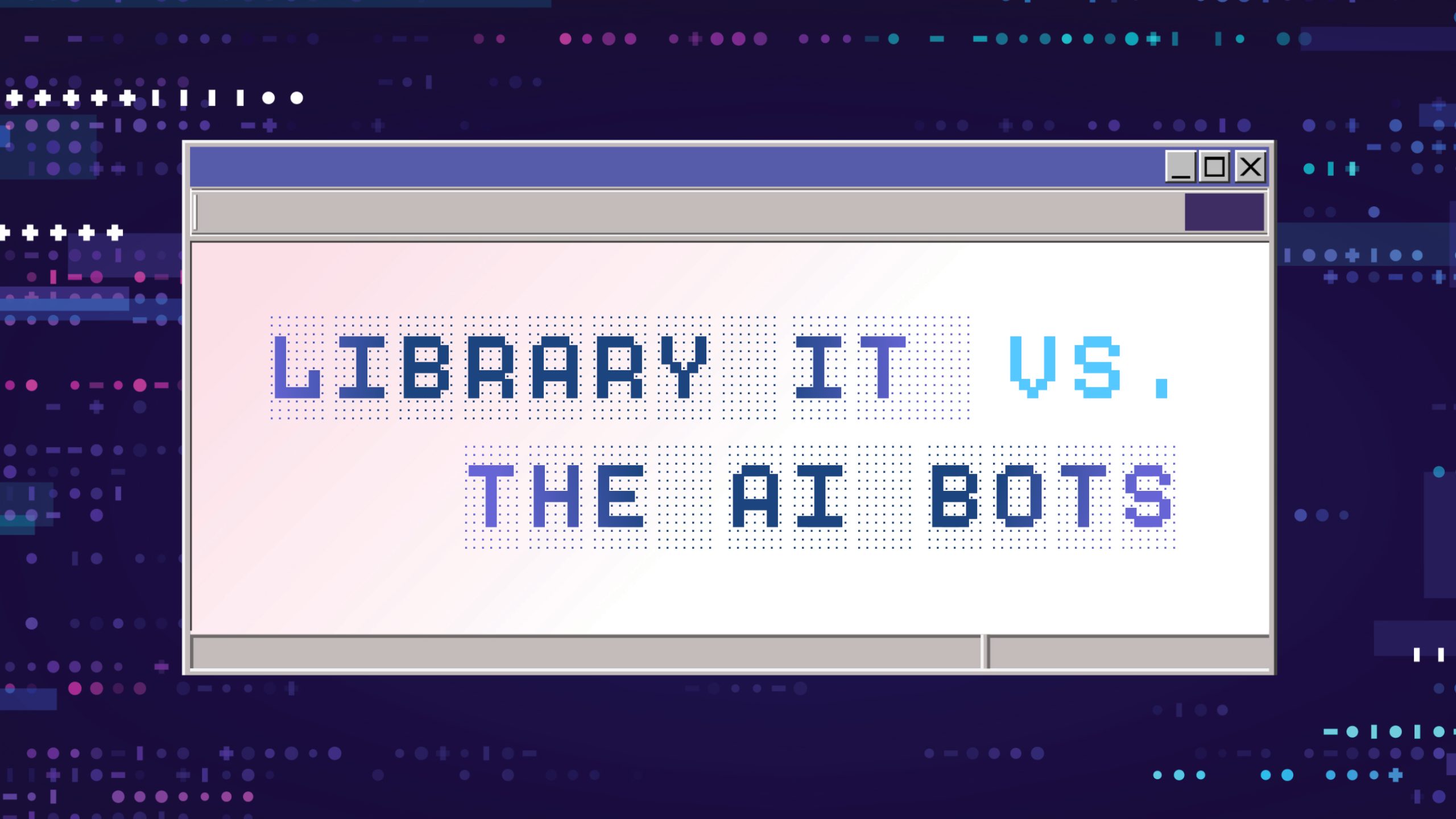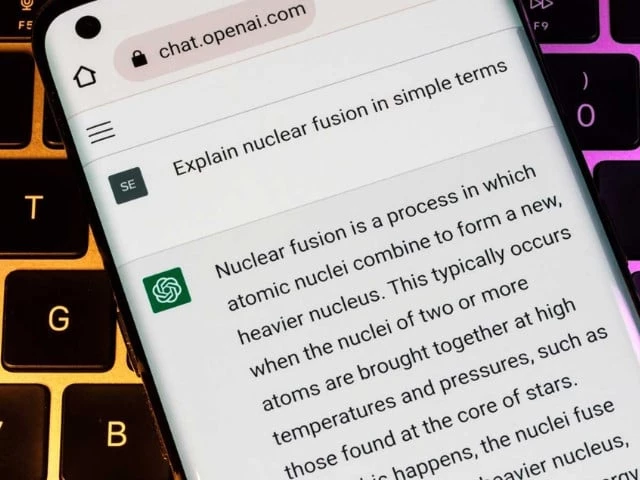
AI for Writing in 2025
The author discusses their evolving workflow for integrating AI into their writing process, emphasizing that AI serves as a supportive copilot rather than the primary creator. They utilize various AI tools for research, drafting, and editing, but still find that AI doesn't save as much time as desired and lacks the ability to fully capture the author's style and context, highlighting the need for more integrated and context-aware AI writing assistants.








